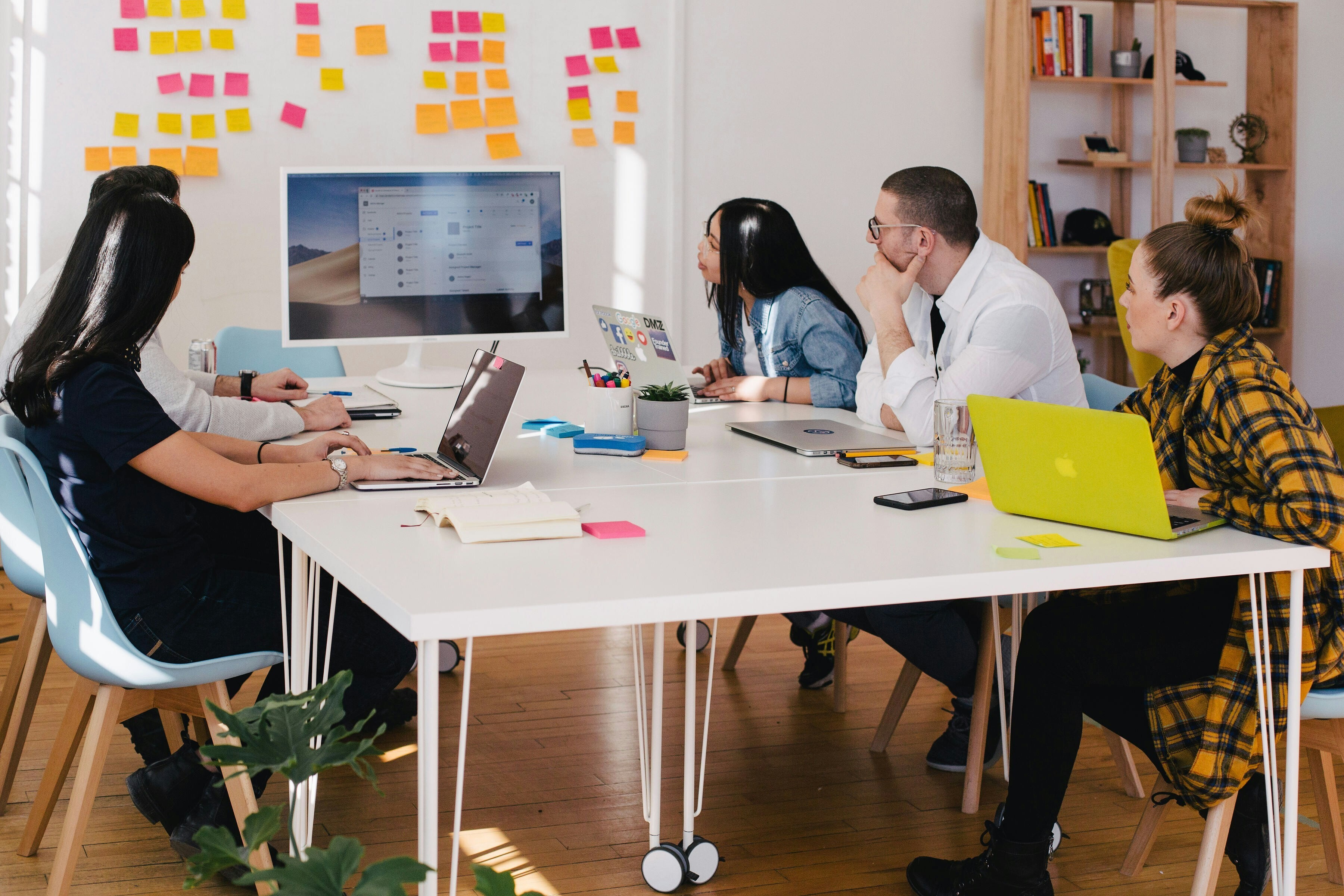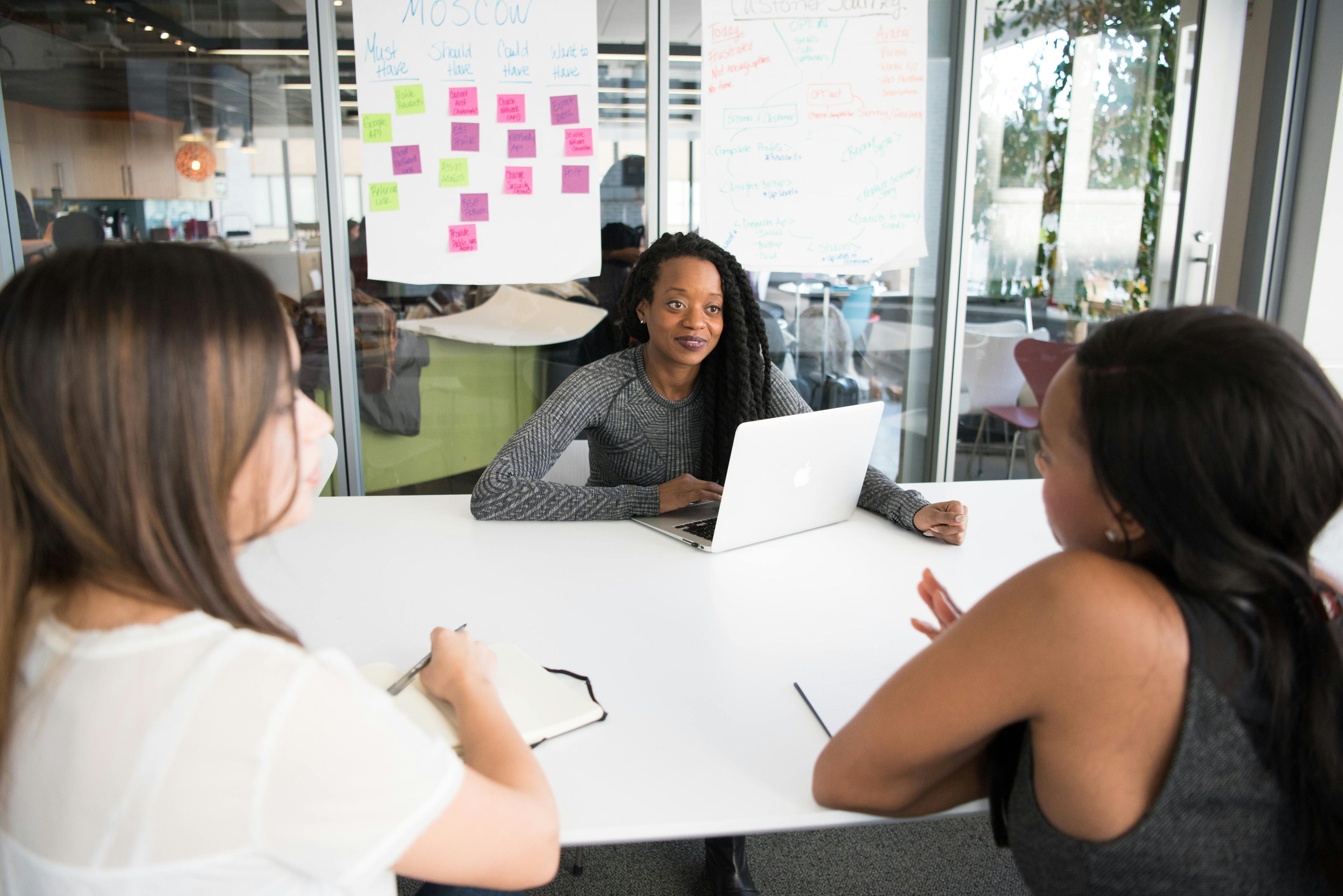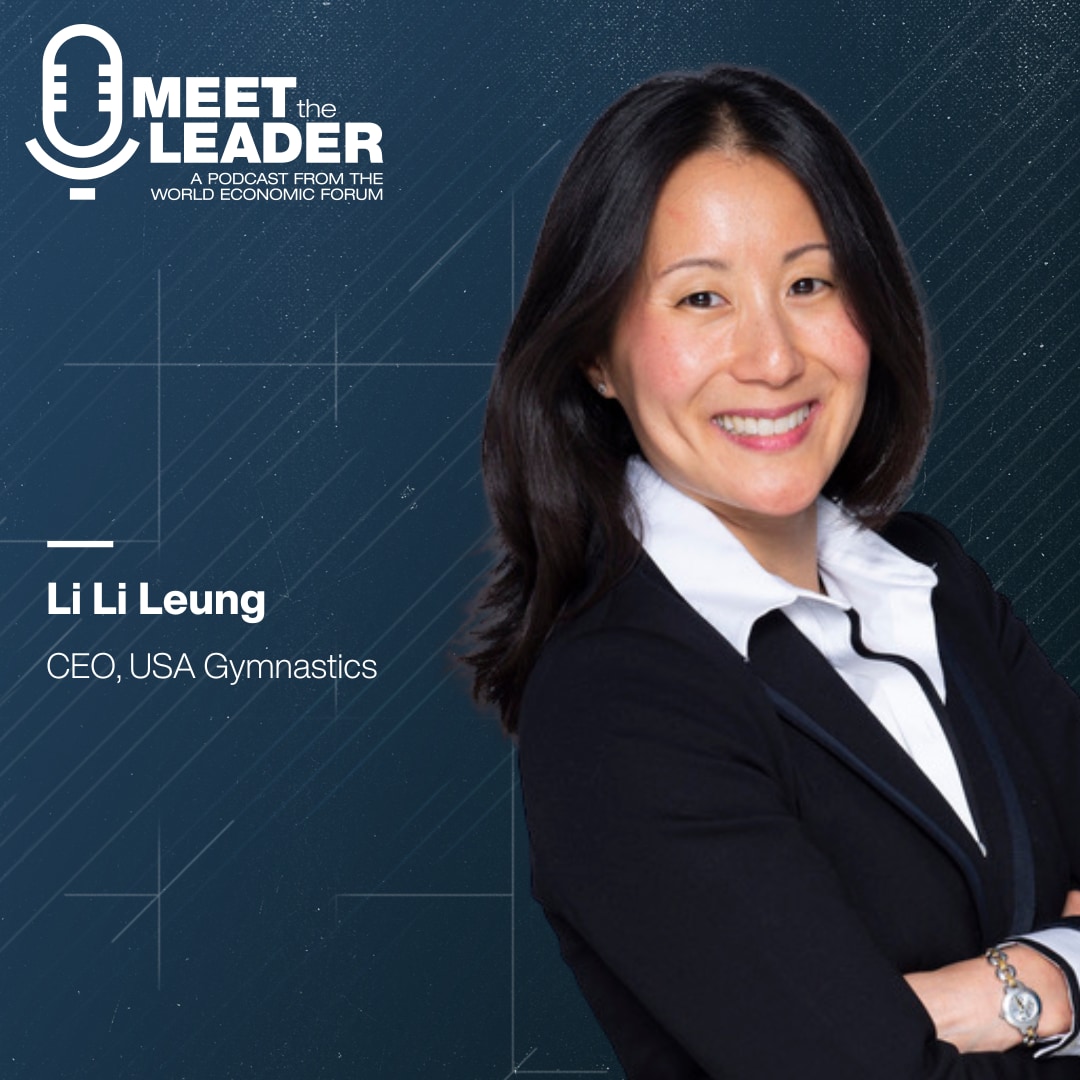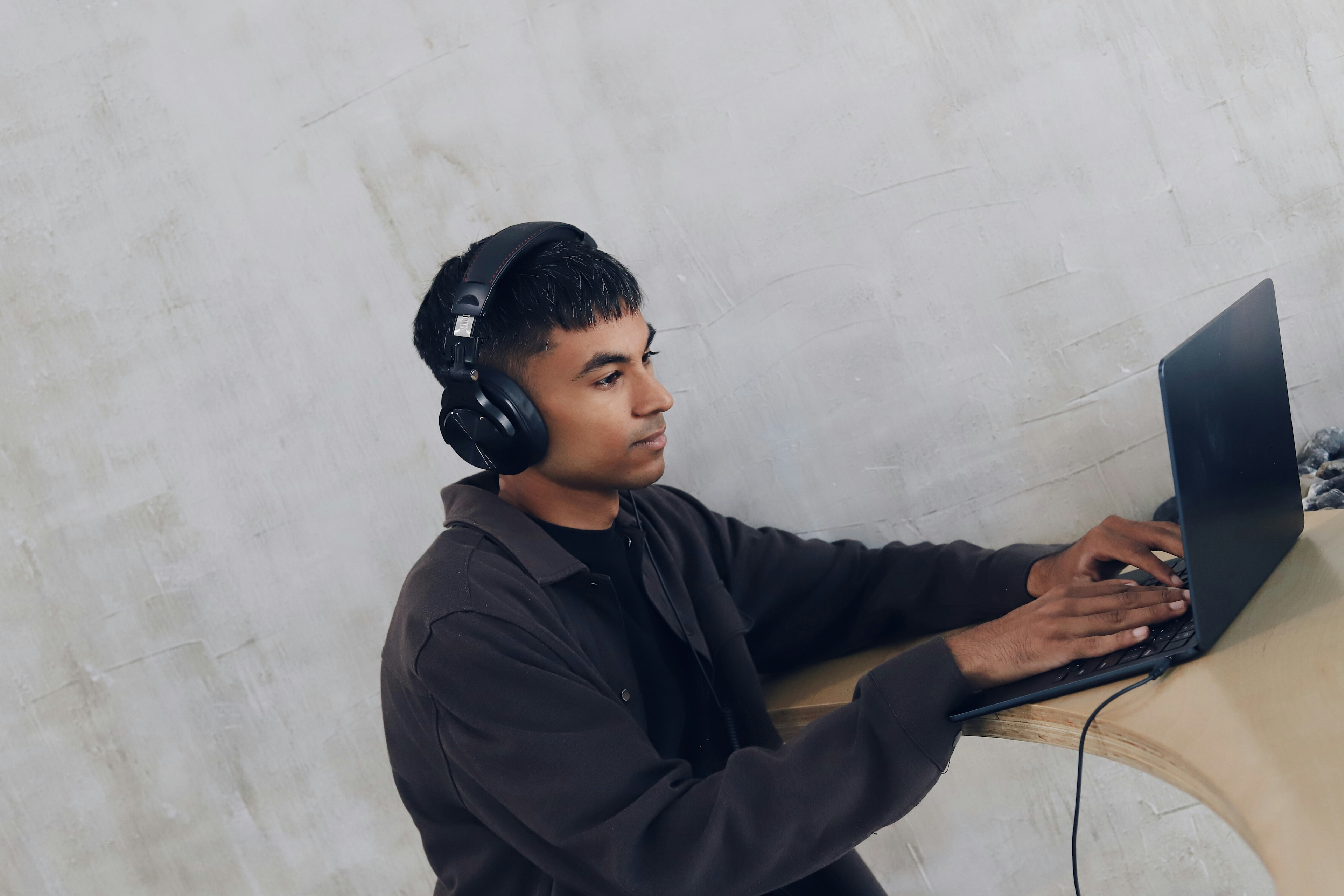Solving the right problems: Carlos Brito on this week's Meet the Leader Podcast

Carlos Brito, Chief Executive of Anheuser-Busch InBev, taps a Stella Artois beer after a news conference in Leuven, Belgium March 1, 2018.
Image: REUTERS/Francois Lenoir
Stay up to date:
The Digital Economy
- Subscribe to Meet the Leader on Apple Podcasts and Spotify
- This fortnightly podcast from the World Economic Forum features the world’s top changemakers, showcasing the habits and traits effective leaders can’t work without.
- Carlos Brito, CEO of AB InBev shares how the company is leveraging tools like blockchain and fintech to solve key problems for its networks of farmers and retailers around the globe.
Beverage giant AB InBev is the largest brewer in the world and known for big brands like Corona and Budweiser. And while parts of its company have roots stretching back to the days Belgian monks brewed Abbey beer, the company has been steadily investing in key technologies to strengthen networks of farmers and retailers all over the world.
Bringing tech like high-precision weather data to small holder farmers in developing nations has its challenges. Many, for instance, use flip phones, not smart phones. As a result, the company developed a solution to leverage SMS text and the technology their farmers had in their hands to ensure they could farm as efficiently as possible.
Accept our marketing cookies to access this content.
These cookies are currently disabled in your browser.
Solving the right problem in any situation is key, CEO Carlos Brito told Meet the Leader. This requires active listening and ensuring you're providing the solution that your final customer needs and not the one you think they'll want most. In this case, a solution built for smart phones, without any knowledge of what was needed on the ground, could have only used by 10% of the farmers and "that would have been frustrating for everyone."
"The worst thing in the world," he said, "is to have a solution in search of a problem."
Accept our marketing cookies to access this content.
These cookies are currently disabled in your browser.
Brito explains how the company has invested in other technologies as well, including blockchain and fintech, to ensure that retailers and farmers in countries around the world could be more financially resilient. Such investments are strengthening communities in developing countries around the world and were a key advantage during the pandemic.
He discusses all this - as well as how anyone can ensure they're having more effective meetings and discussions - in this week's Meet the Leader, a fortnightly podcast hosted by Linda Lacina diving into the habits and qualities leaders depend on the most.
Listen to Meet The Leader's sister podcasts World Vs Virus, about the global pandemic, House On Fire, our 10-part environmental series, and The Great Reset, on the efforts to 'build back better'.
A book he recommends: Good to Great: Why Some Companies Make the Leap and Others Don't, Jim Collins. This book uses data and one-of-a-kind analysis to discover why some companies thrive and others fail. Brito says one particular line in the book stands out: "First who, then what". Said Brito, the line is a key reminder that your team is what makes your company and that having the right people tackling the right projects can be very powerful.
A habit he can't work without: Active listening. A great meeting, to Brito, means agreement doesn't come in quickly, in two or three minutes. He also encourages constructive disagreement and coming back to a conversation with feedback once you've learned more.
Diversity of thought is critical said Brito. "That's why groups tend to perform better, especially with tough issues. If you have diversity of thought people expose different opinions and from those different opinions, you get to a better place, a better solution."
Accept our marketing cookies to access this content.
These cookies are currently disabled in your browser.
Accept our marketing cookies to access this content.
These cookies are currently disabled in your browser.
Don't miss any update on this topic
Create a free account and access your personalized content collection with our latest publications and analyses.
License and Republishing
World Economic Forum articles may be republished in accordance with the Creative Commons Attribution-NonCommercial-NoDerivatives 4.0 International Public License, and in accordance with our Terms of Use.
The views expressed in this article are those of the author alone and not the World Economic Forum.
Related topics:
Forum Stories newsletter
Bringing you weekly curated insights and analysis on the global issues that matter.
More on LeadershipSee all
Antara Choudhury and Vivin Rajasekharan Nair
August 14, 2025
Jan Oliver Schwarz and Katharina Kleine
August 12, 2025
Ida Jeng Christensen and Raju Narisetti
August 5, 2025
Martin Adams
July 30, 2025
Anil Gupta and Wang Haiyan
July 25, 2025






